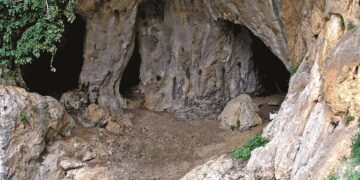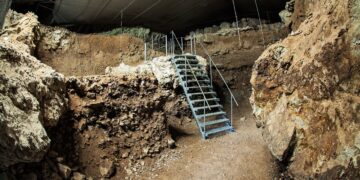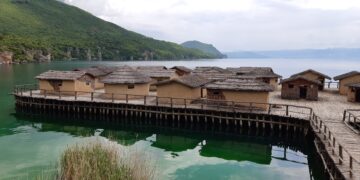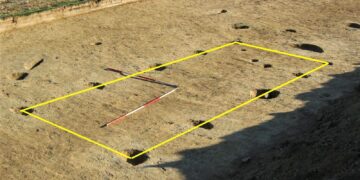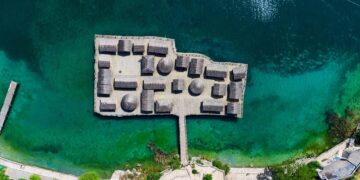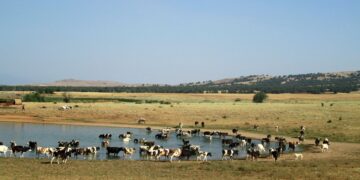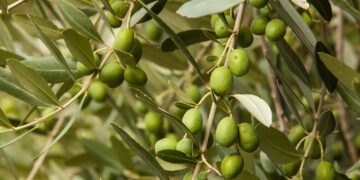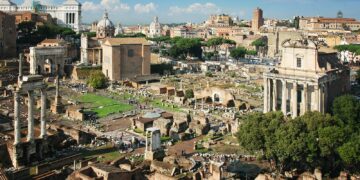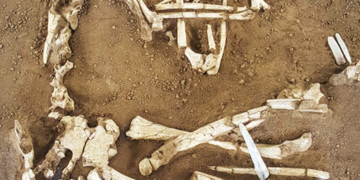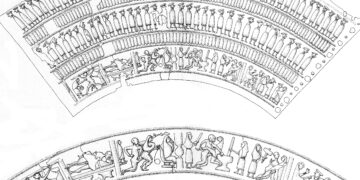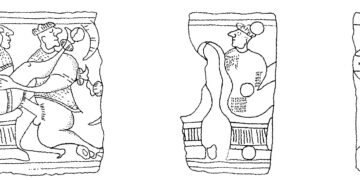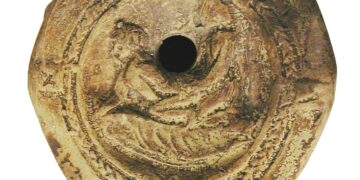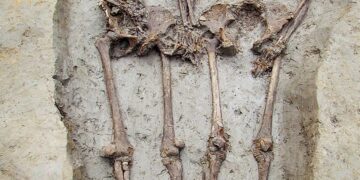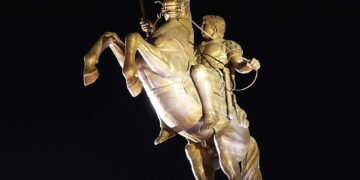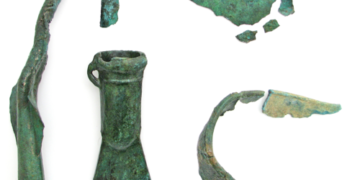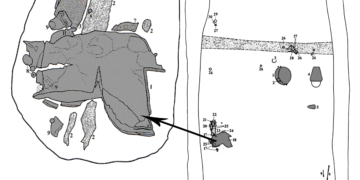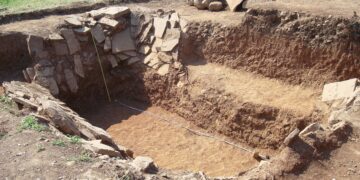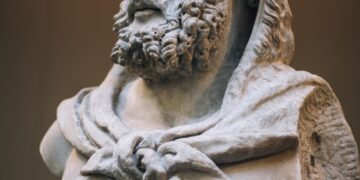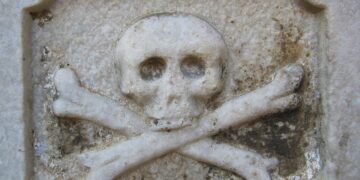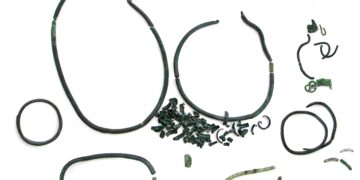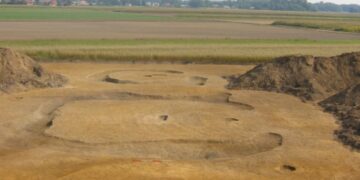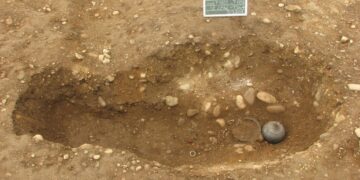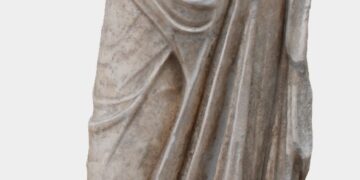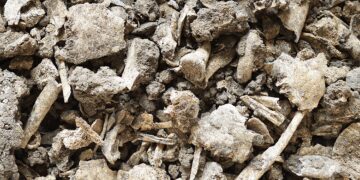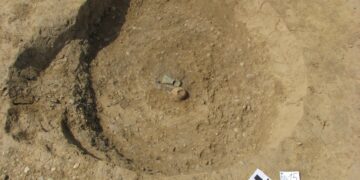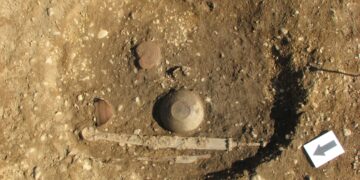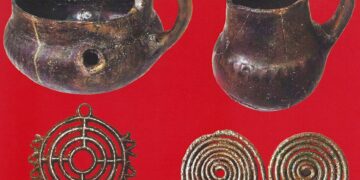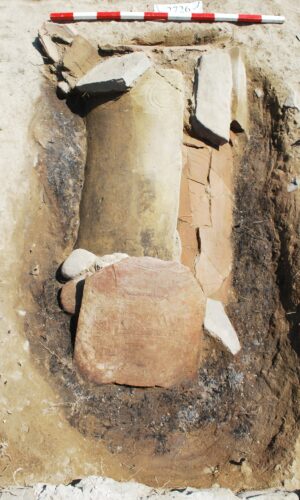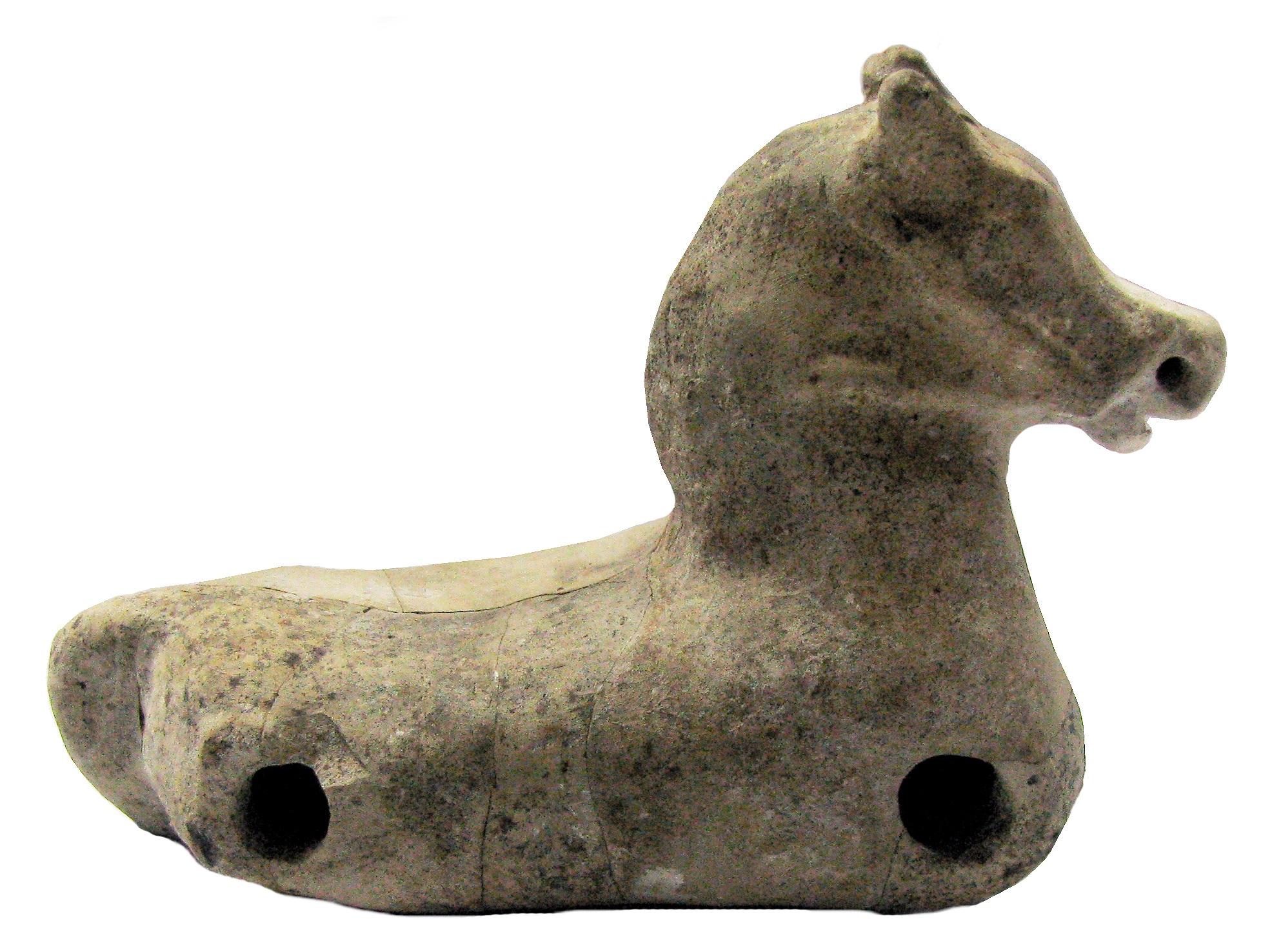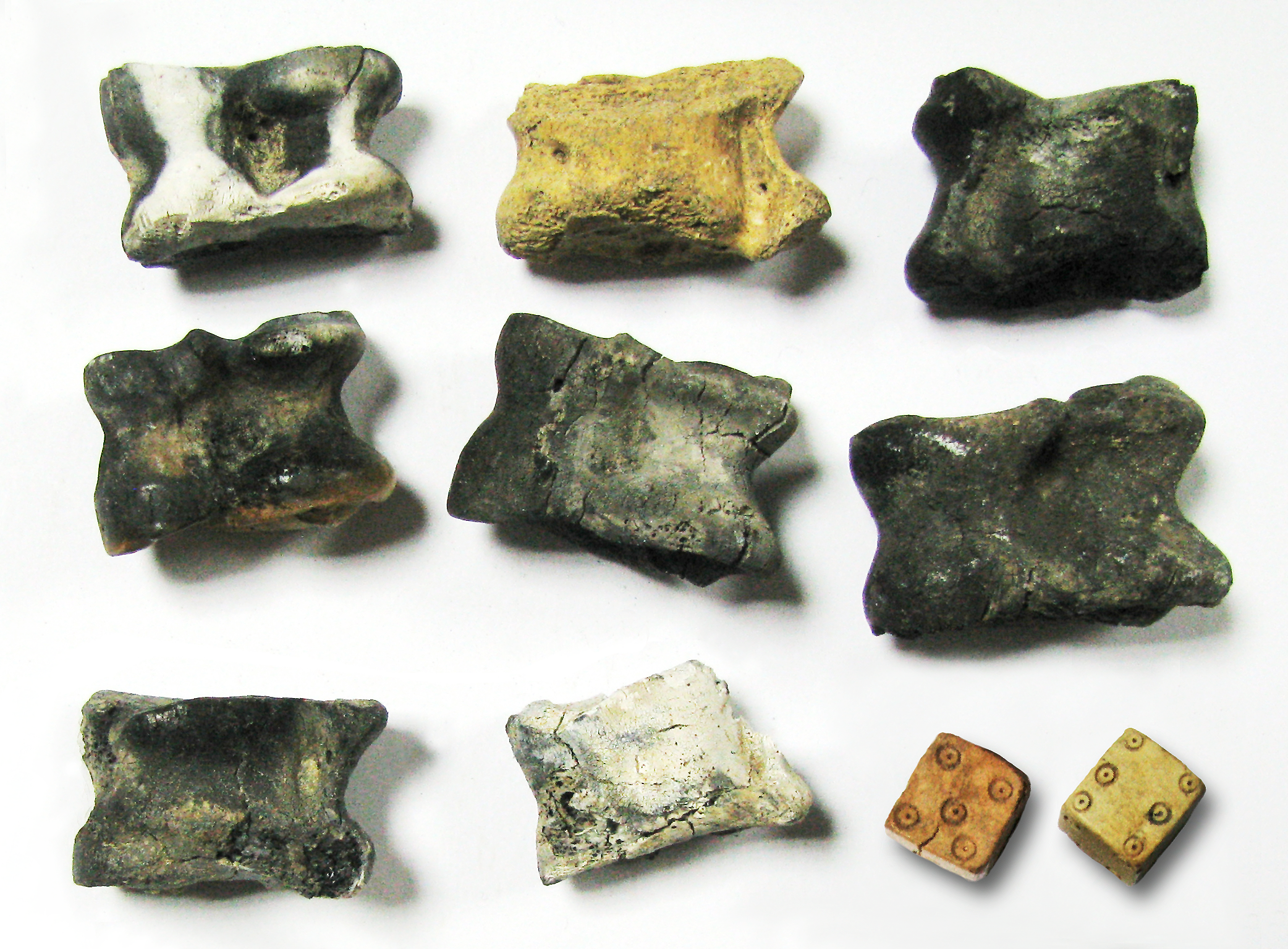Taking into consideration the premodern birth and survival rates, the most underrepresented element in the archaeological record are the burials of infants and small children. However, among the discovered ones especially rare are the burials of children with grave goods addressing their age and status in the society – burials that included toys. The latter being not only functional but artefacts full of symbolic meaning alluding to the premature death on one and the grief of the parents on the other side.
In ancient Stobi one such cremated burial was discovered. Besides the general grave goods such as an eroded coin and an oil lamp, enabling the dating of the burial into the first half of the first century AD, it included several toys. The most interesting was a ceramic model of a horse on wheels – unfortunately, they were not preserved indicating that most probably they were made from wood and not from ceramic as in numerous other, such toys. Horses on wheels were discovered all across the Roman Empire, but their origins could be traced back to the Iron if not even Copper Age. In the grave were discovered also modern looking dices and a set of animal knucklebones. According to the Greek playwright Sophocles, it was the mythical figure Palamedes, who taught the Greek before Troy to play with them. The geographer Pausanias mentioned that in Corinth was a Temple of Fortune to which Palamedes dedicated the dice he had invented for the new game.

